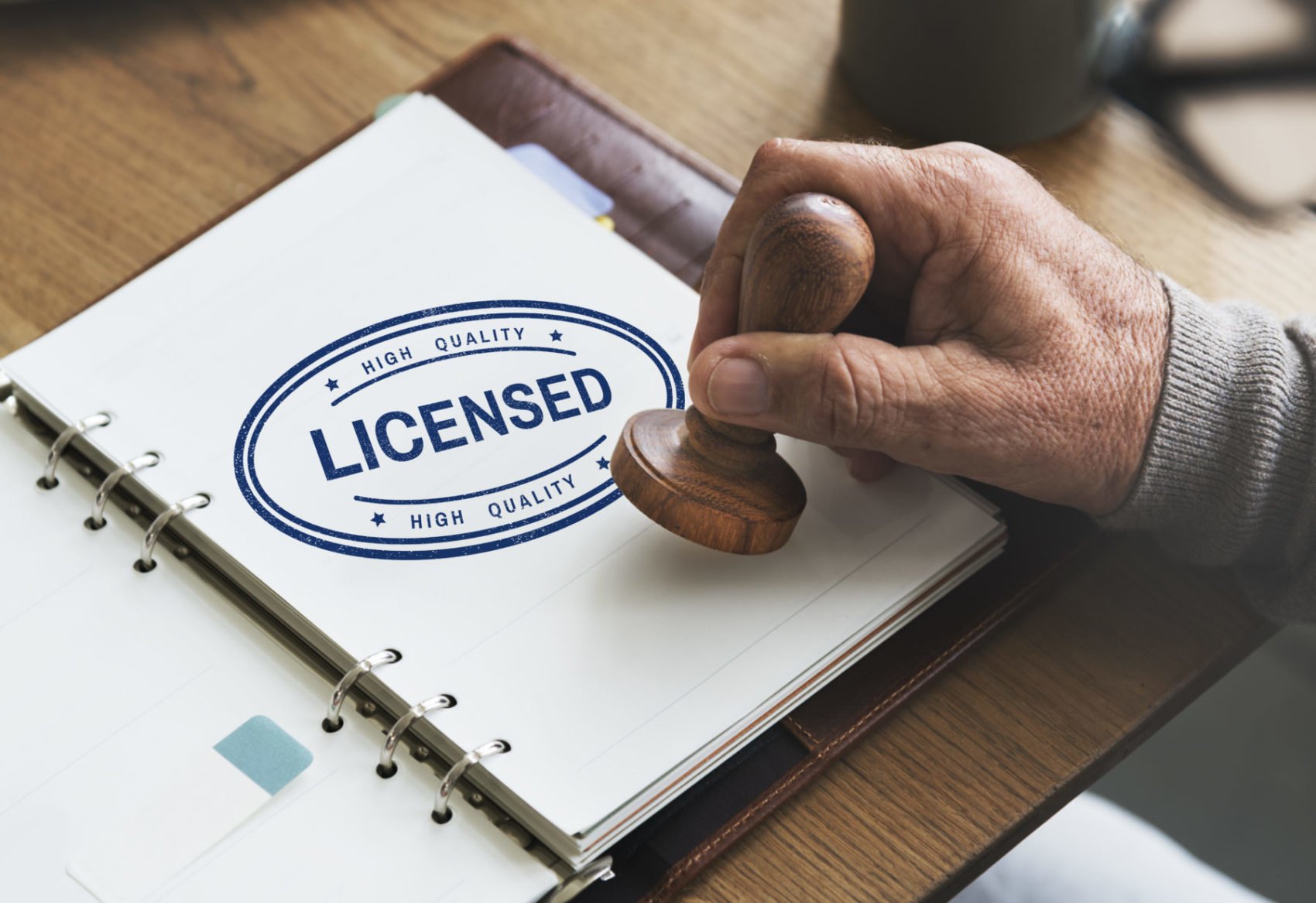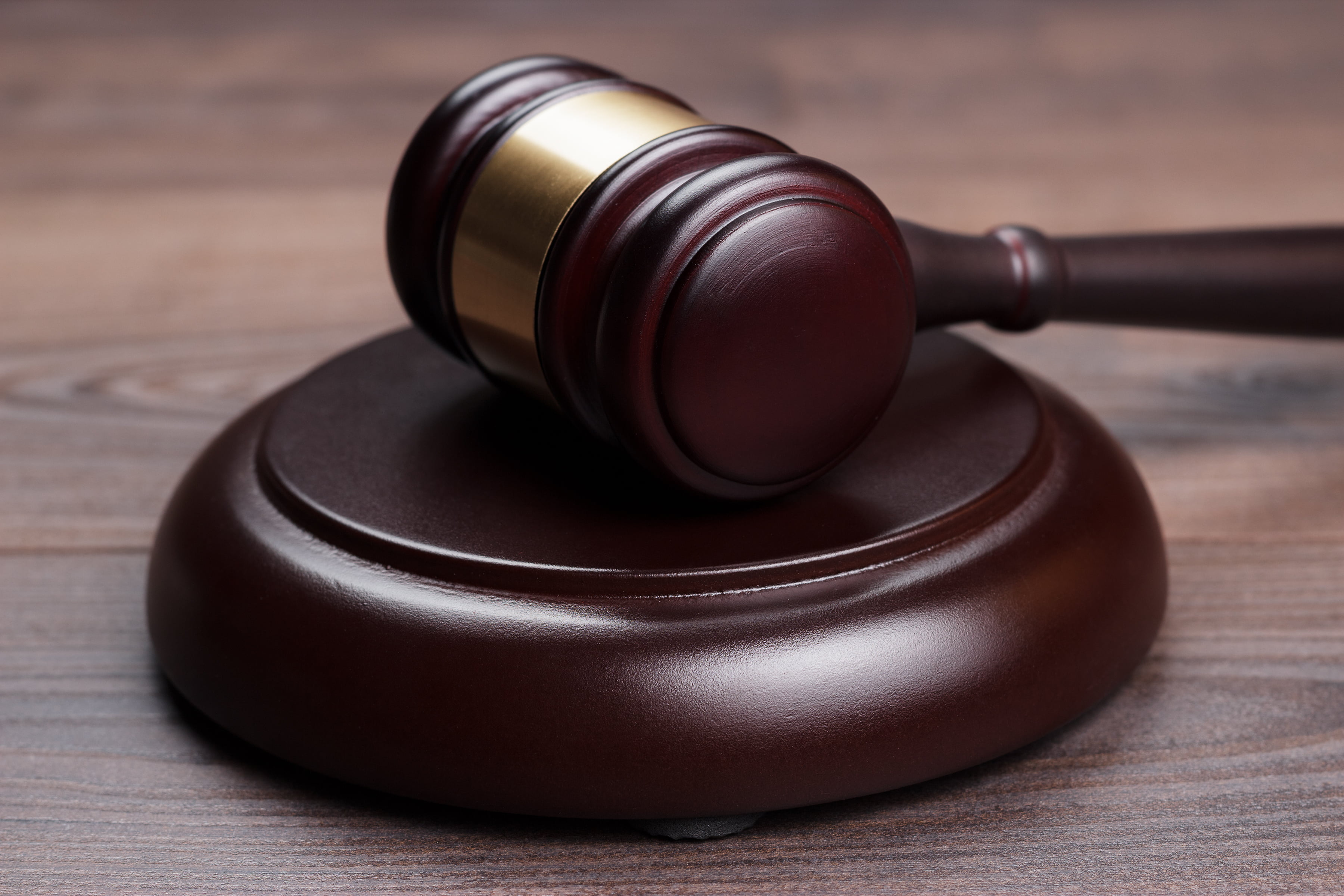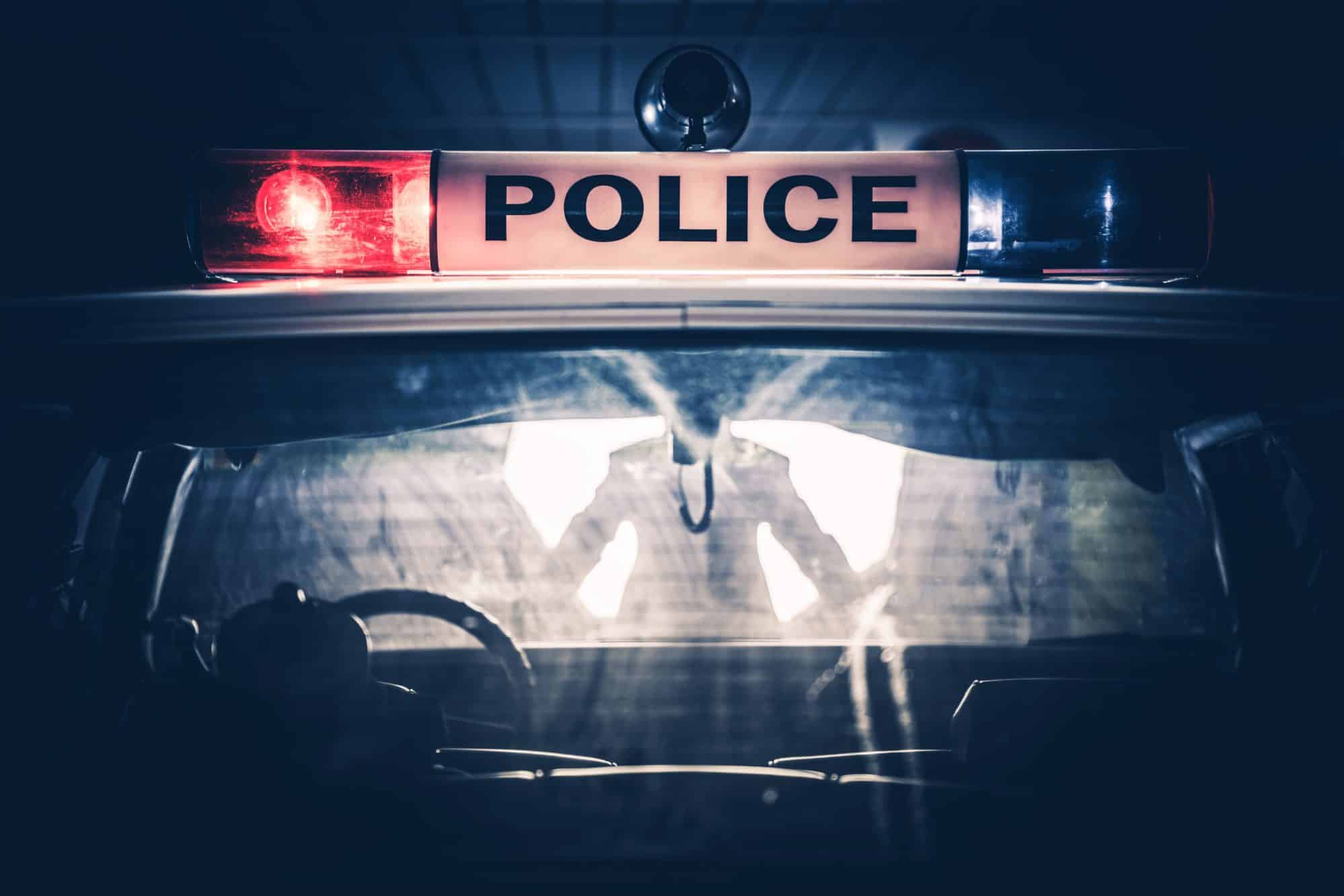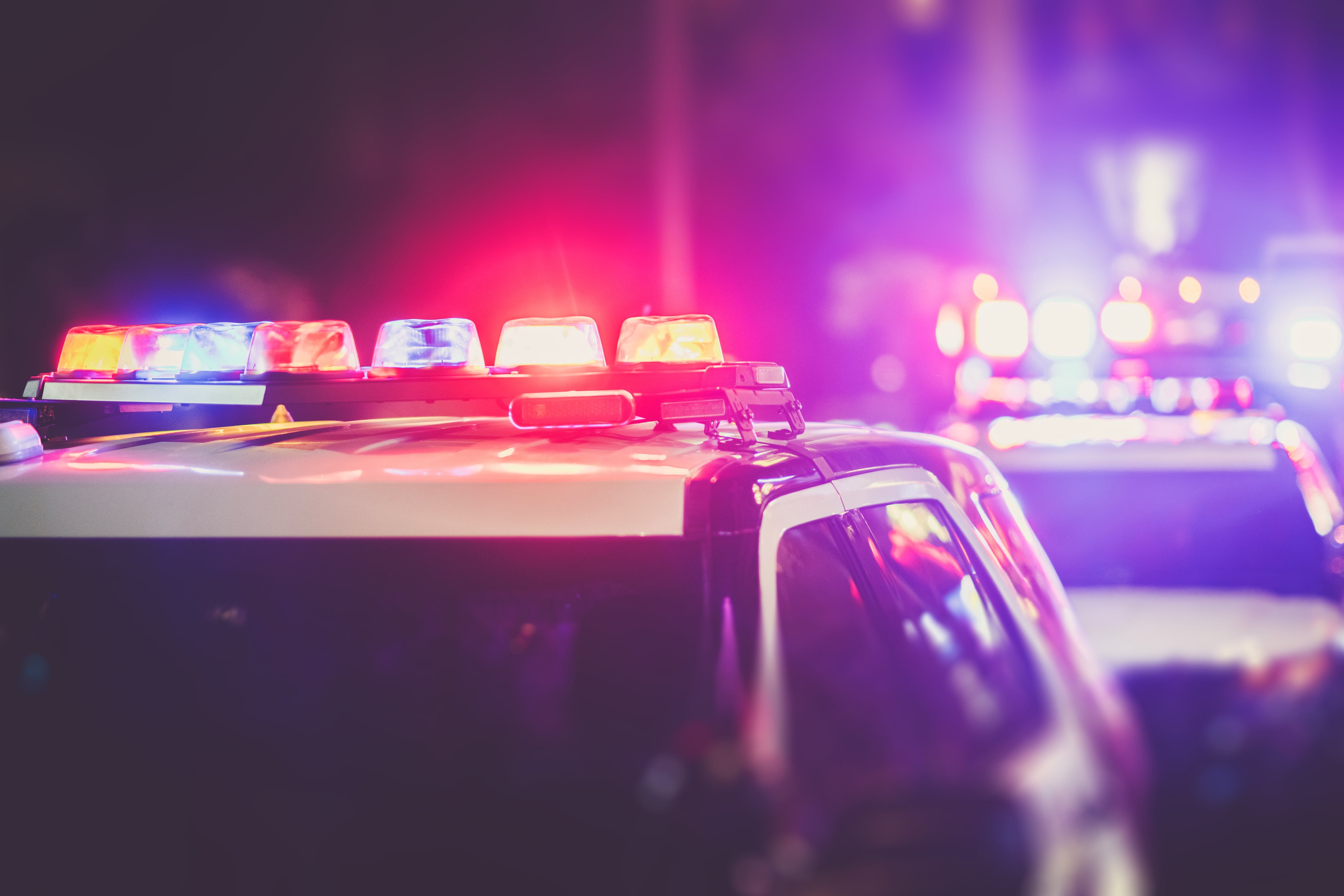In the state of Missouri, law enforcement officials are permitted to set up DUI checkpoints. Typically, these checkpoints are placed on busy roads and the officers involved will either stop every car that comes through or they will use a pre-formulated system to stop cars in a seemingly random manner. Once stopped, a driver may be asked to submit to either a field sobriety test or a breath test and if they fail, they will be arrested and charged with a DUI – even if they didn’t show signs of drunk driving before reaching the DUI checkpoint.
Do DUI Checkpoints Violate The 4th Amendment?
Under normal circumstances, when a police officer initiates a traffic stop in order to determine if someone is driving while under the influence, they first need probable cause to show that there was a legal reason for pulling the driver over. For example, if a driver runs a red light or is erratically swerving across lanes, an officer has a legal reason to pull them over. Then, based on their interaction with the driver, they may proceed with a field sobriety test or ask the driver to take a Breathalyzer test. Without probable cause, the stop and subsequent DUI can be legally challenged in court.
Knowing this, it’s easy to understand why so many Americans believe that DUI checkpoints violate the 4th Amendment.
What Is The 4th Amendment?
The 4th Amendment states:
“The right of the people to be secure in their persons, houses, papers, and effects, against unreasonable searches and seizures, shall not be violated, and no warrants shall issue, but upon probable cause, supported by oath or affirmation, and particularly describing the place to be searched, and the persons or things to be seized.”
Basically, this protects Americans by prohibiting law enforcement from making searches and seizures without probable cause. When applying the 4th Amendment to DUI checkpoints, the following should be noted:
- Stops Are Conducted With No Probable Cause: Either all drivers are stopped or predetermined cars are stopped, such as every third car. It doesn’t matter if every traffic law has been followed, the driver will be stopped.
- There Can Be No Oath Or Affirmation: This means that the officers involved can’t swear to the driver’s behavior prior to the stop. For example, in a typical DUI arrest, the officers could swear something like “I witnessed the driver go through two red lights before finally coming to a stop.” This would be their legal reason for pulling over the driver. While an officer may note the driver’s behavior after they approach them in the DUI checkout, they cannot confirm that the driver was breaking any laws prior to the stop.
Despite this, the United States Supreme Court has ruled that DUI checkpoints are legal, as long as they meet specific criteria.
DUI Checkpoints: Law Enforcement Must Meet Certain Criteria
In order for a DUI checkpoint to be viewed as constitutional, the following criteria must be met:
- The decision to proceed with a DUI checkpoint at a specific site must be made by a law enforcement supervisor – not an officer in the field.
- Neutral and mathematical selection must occur. This means that officers cannot single out drivers because of age, race, vehicle type, or any other factor.
- Safety must be taken into account. When setting up a checkpoint, proper warning signs and lighting must be used to ensure that drivers have a sufficient amount of time to slow their vehicle and come to a stop. In addition to this, clearly marked law enforcement vehicles must be used at the stops.
- The checkpoint site must be in a “reasonable” location.
- Officers must use “good judgment” when determining what time the checkpoint should begin and end.
- Anyone passing through the checkpoint should only be stopped long enough for the officer to check for signs of intoxication.
- The time and location of the checkpoint should be publically announced in advance.
If law enforcement fails to meet with this criteria it may be considered an unconstitutional checkpoint and anyone charged with a DUI may be able to use this argument as part of their defense.
Do I Have To Go Through A DUI Checkpoint?
If, while driving, you note that a DUI checkpoint is ahead and you can legally turn or make a legal U-turn to avoid the checkpoint, you may do so. However, there are almost always officers posted to specifically watch drivers who avoid going through a checkpoint and if you violate any traffic laws they will pull you over.









